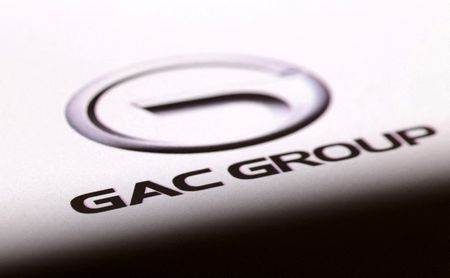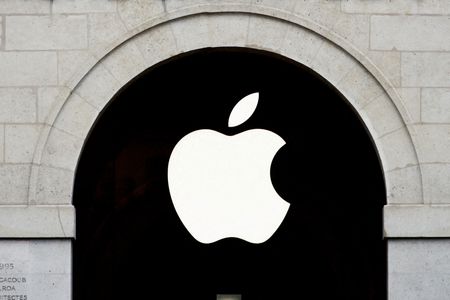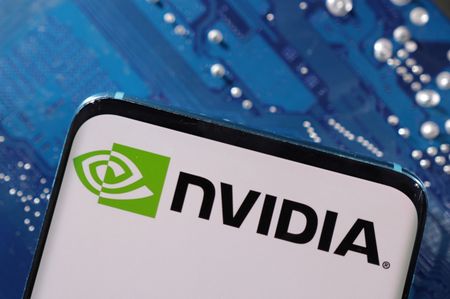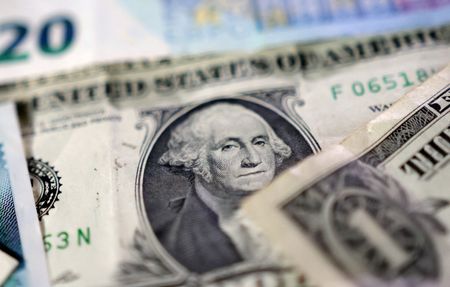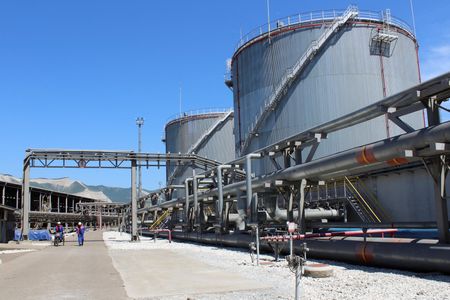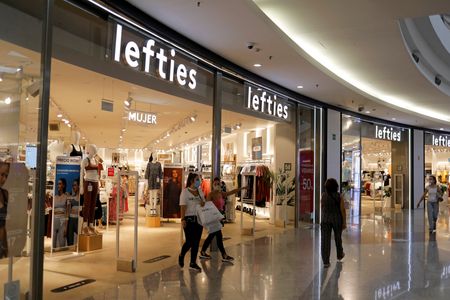BEIJING (Reuters) -Guangzhou Automobile Group (GAC) and JAC Group expect to post their biggest ever second-quarter losses next month, as the state-owned Chinese automakers struggle with competition at home and abroad.
China’s auto sector is reeling from overcapacity and an extended price war, prompting regulators and industry executives to warn about risks to the sector’s long-term viability.
State-owned automakers are generally struggling more than private peers such as BYD, Geely and Great Wall Motor, with many teaming up with Huawei to launch new brands and develop new EVs to try to tap into the tech giant’s technologies and brand halo.
GAC expects its quarterly loss to widen to between 1.1 billion yuan and 1.9 billion yuan ($153-265 million) from 731.6 million yuan in the first quarter, according to a stock filing on Friday. That compares with a 296 million yuan profit in the second quarter of 2024.
An expected first-half loss of up to 2.6 billion yuan would be GAC’s biggest six-month loss since listing in 2010 and was attributed in part to its new EV and plug-in hybrid models failing to meet sales goals, as well as the price war.
GAC has shared in the losses of its Japanese partners, Honda and Toyota, which have ceded market share in China to local brands such as BYD. Sales of GAC’s Aion- and Trumpchi-branded EV and plug-in hybrid cars have also weakened amid intense competition.
JAC Group’s EV and plug-in sales slumped 35.1% to account for just 4.4% of its overall first-half sales.
The firm expects a net loss of 457 million yuan in the second quarter, more than double its first-quarter loss and compared to a 195.3 million yuan profit in the second quarter of last year, according to a stock filing on Monday.
Export-reliant JAC said its export business was in decline due to “an increasingly complex international situation and intensified competition in overseas auto markets”.
JAC is still ramping up production capacity for its high-end EV project, the filing added.
The Maextro S800 electric sedan, co-developed with Huawei, went on sale at the end of May priced from 708,000 yuan, making it the most expensive EV released under the Huawei-led automotive alliance and sales network.
Arcfox, the EV unit of Beijing Automotive Group (BAIC), said on Monday it expected a second-quarter loss of up to 1.5 billion yuan, narrower than in the same period last year. That would, however, extend a streak of quarterly losses stretching back to the start of 2020.
GAC, JAC and Arcfox are not due to report their first-half results until August 29, but Chinese companies sometimes voluntarily publish estimates in advance when significant changes are anticipated.
Major automakers including BYD, Geely and Chery are yet to disclose forecasts ahead of their earnings announcements.
($1 = 7.1736 Chinese yuan renminbi)
(Reporting by Qiaoyi Li, Zhang Yan and Casey Hall. Editing by Mark Potter)

